Society of Scholars
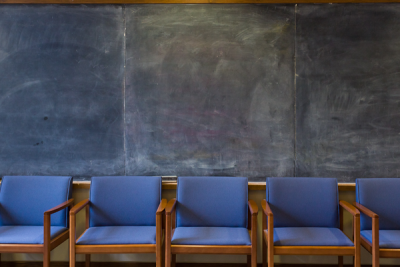
The Society of Scholars is an intellectual community of humanists of diverse generations, academic ranks, and departmental affiliations who contribute to and learn from one another’s work. Each year, approximately eight faculty and three dissertation research fellowships support members of the Society of Scholars. Scholars in year-long residence at the University of Washington may be invited to participate as well. The group meets biweekly throughout the year to discuss their research in progress.
Apply for the Fellowship (Faculty)
2025 - 2026 Society of Scholars
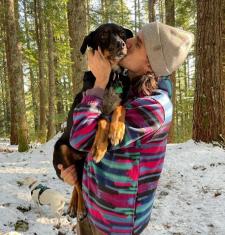
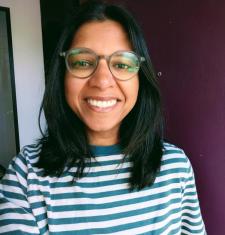
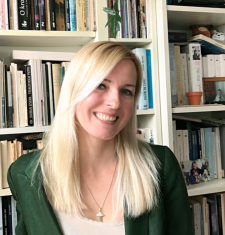
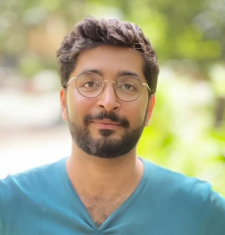
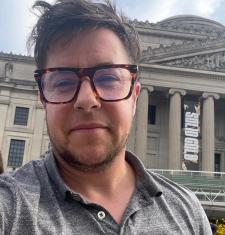
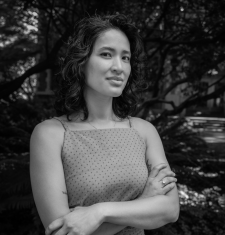
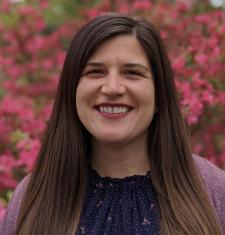

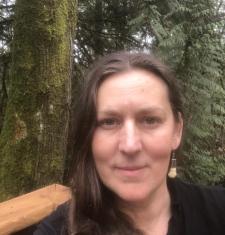
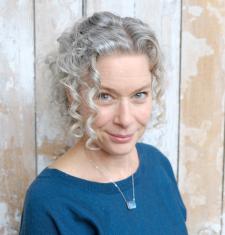
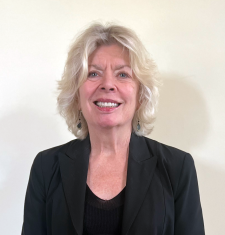
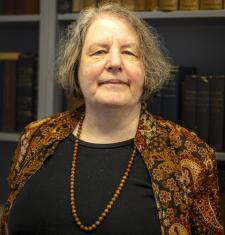
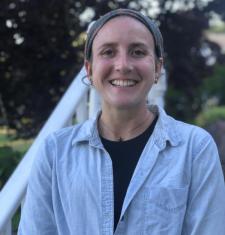
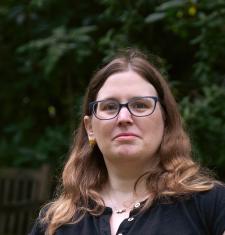
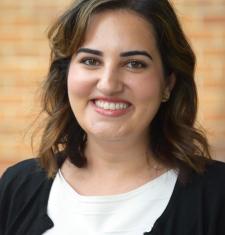
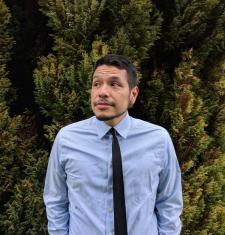
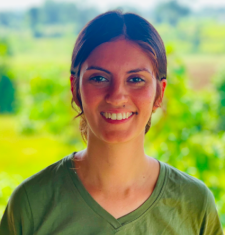

2017 - 2018 Society of Scholars Fellow
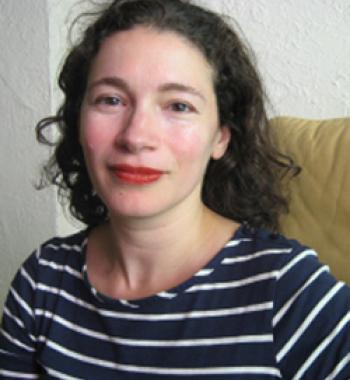
Jordanna Bailkin (she/her/hers)
Unsettled: Refugee Camps and the Making of Multicultural Britain
Unsettled reveals the jagged history of how refugees and citizens came to be thought of as separate from one another, and—more surprisingly—how this was not always the case. In a narrative that stretches over six decades, I illustrate just how close refugees and citizens used to be, and how far apart they became. The sense of shared experiences between Britons and refugees largely disappeared by the later decades of the 20th century. Yet this was not a linear trajectory. From the 1930s to the 1980s, the notion of what one deserved in life—what specific kind of home or family or food—underwent constant revision by liberal, social democratic, and neoliberal policymakers. The contemporary notion that the camp marks the absolute division of citizens and others was not a forgone conclusion, but was shaped by the uneven fits and starts of poverty and affluence.